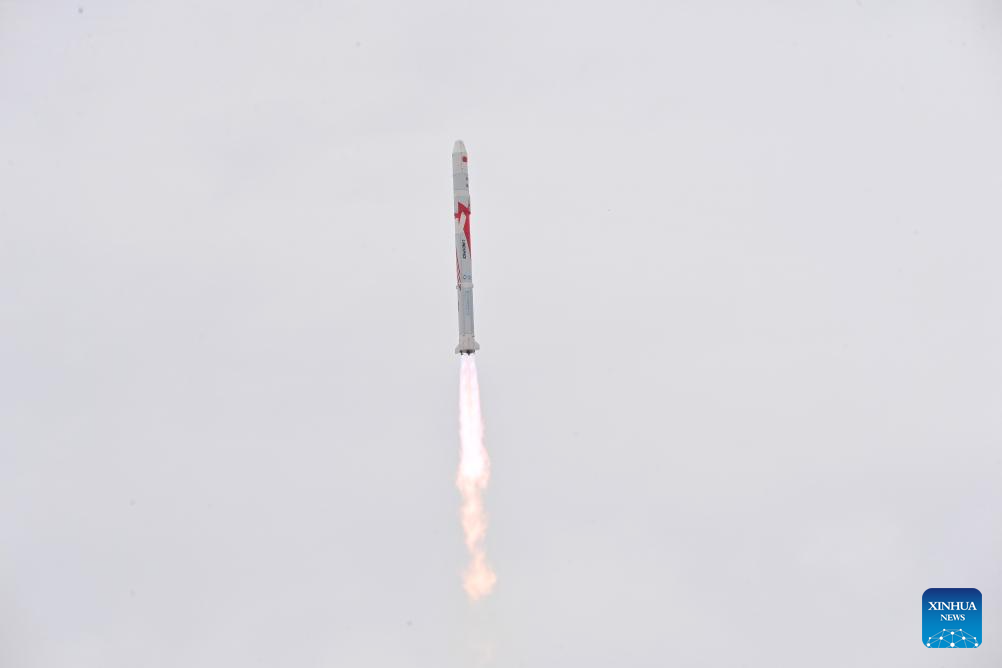
The Zhuque-2 carrier rocket blasts off from the Jiuquan Satellite Launch Center in northwest China July 12, 2023. The carrier rocket completed the flight mission according to the procedure, making the launch a success. (Photo by Wang Jiangbo/Xinhua)
JIUQUAN, July 12 (Xinhua) -- China on Wednesday successfully launched a new carrier rocket into space from the Jiuquan Satellite Launch Center in northwest China.
The Zhuque-2 carrier rocket blasted off at 9:00 a.m. (Beijing Time) and completed the flight mission according to the procedure.
Developed by the Chinese rocket company LandSpace, the Zhuque-2 is the world's first rocket powered by liquid oxygen-methane fuel and successfully entered its planned orbit.
The launch marks a breakthrough in the new low-cost, liquid propellant application for China's carrier rockets.
The Zhuque-2 is a two-stage rocket with a body diameter of 3.35 meters and a height of 49.5 meters. Its takeoff weight is about 219 tonnes, and its takeoff thrust is about 268 tonnes.
Liquid oxygen-methane fuel is a type of rocket propellant formed by liquid oxygen and methane, the latter of which is the main component of natural gas.
The successful launch of Zhuque-2 is expected to reduce the cost of commercial rocket launches and bring changes to the commercial rocket launch market.
LandSpace CEO Zhang Changwu said the company chose the liquid oxygen-methane rocket as its development route from the very beginning. In the future, it can achieve lower costs and develop reusable rockets.
The mission mainly examined the whole test launch and flight process and tested the compatibility of each system interface.
"We will continue to take the Zhuque series launch vehicle as our core products, continue to optimize and iterate the rockets, further improve their performance, and provide the market with low-cost, high-performance, and large-capacity rocket products," he said.
Various types of reusable liquid oxygen-methane rockets have undergone research and development processes globally. Some are under development, while others are in the engine test phase or undergoing the comprehensive assembly test.
According to Gao Yushan, vice director of Xi'an Aerospace Propulsion Institute affiliated with China Aerospace Science and Technology Corporation, to meet the large-scale and frequent demand of space transport in the future, the high-thrust, high-performance, and reusable liquid oxygen-methane engine is an important direction of development.
The successful tests of multiple liquid oxygen-methane engines developed by Chinese institutions and companies, and the launch of Zhuque-2, indicate that China has established the design, production, and test system for the liquid oxygen-methane engine and can gradually meet the needs of the domestic commercial launch market.
According to Gao, China is developing a 200-tonne liquid oxygen-methane engine, which can provide strong power for future large- and medium-sized launch vehicles. ■
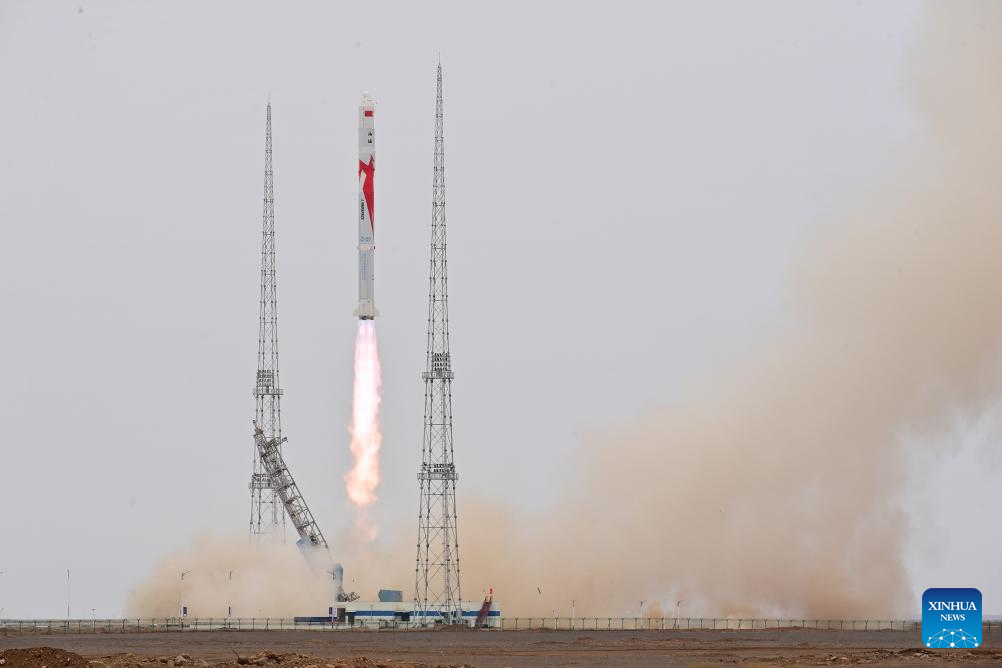
The Zhuque-2 carrier rocket blasts off from the Jiuquan Satellite Launch Center in northwest China July 12, 2023. The carrier rocket completed the flight mission according to the procedure, making the launch a success. (Photo by Wang Jiangbo/Xinhua)
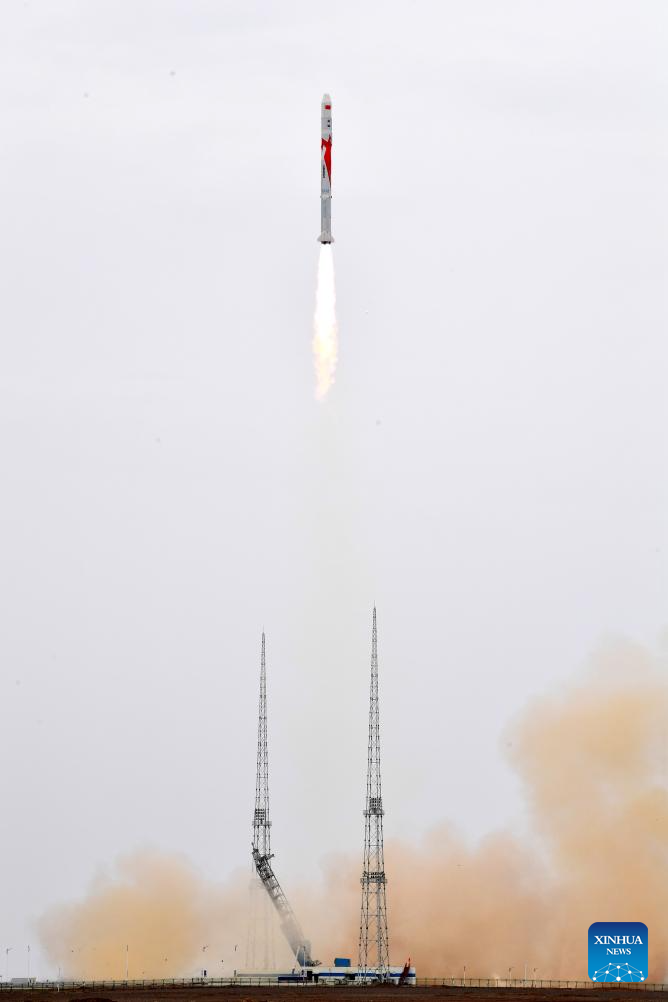
The Zhuque-2 carrier rocket blasts off from the Jiuquan Satellite Launch Center in northwest China July 12, 2023. The carrier rocket completed the flight mission according to the procedure, making the launch a success. (Photo by Wang Jiangbo/Xinhua)
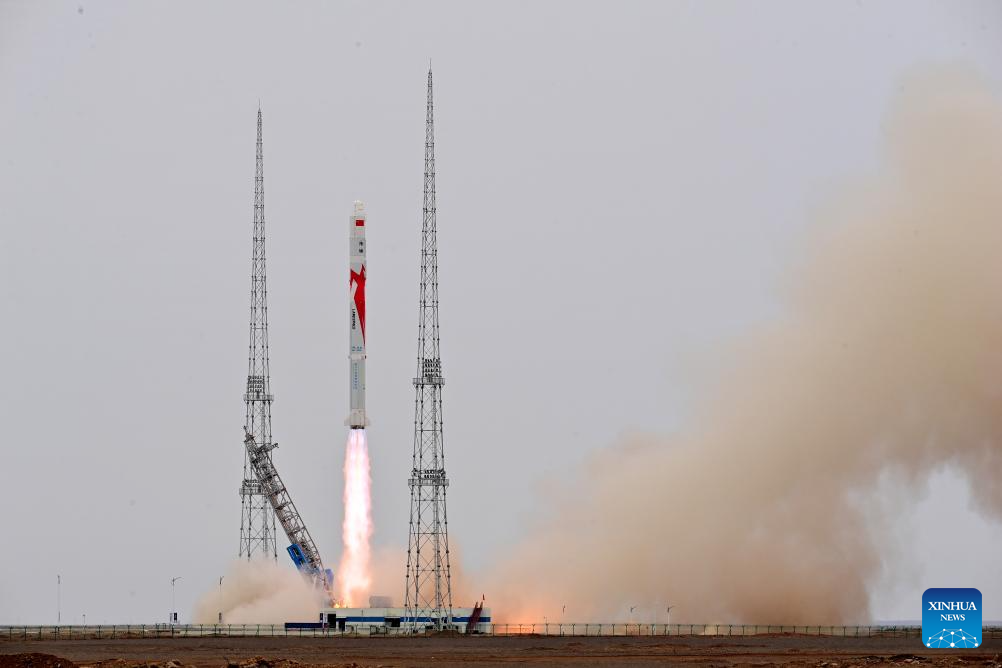
The Zhuque-2 carrier rocket blasts off from the Jiuquan Satellite Launch Center in northwest China July 12, 2023. The carrier rocket completed the flight mission according to the procedure, making the launch a success. (Photo by Wang Jiangbo/Xinhua)
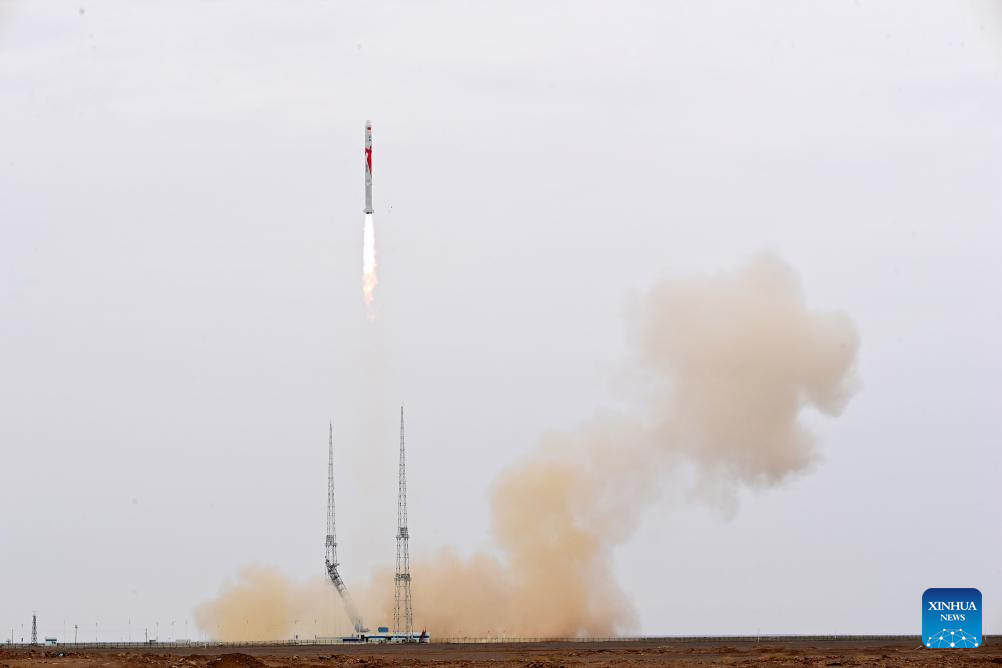
The Zhuque-2 carrier rocket blasts off from the Jiuquan Satellite Launch Center in northwest China July 12, 2023. The carrier rocket completed the flight mission according to the procedure, making the launch a success. (Photo by Wang Jiangbo/Xinhua)



